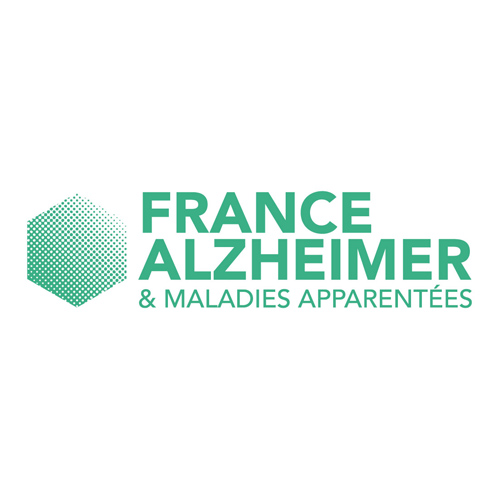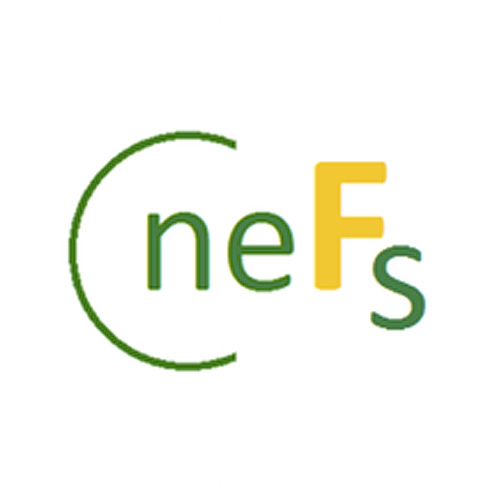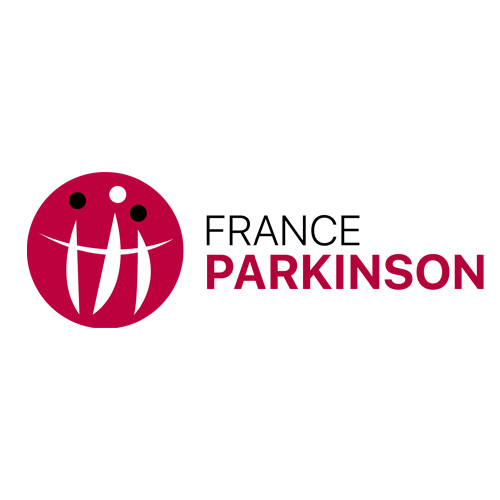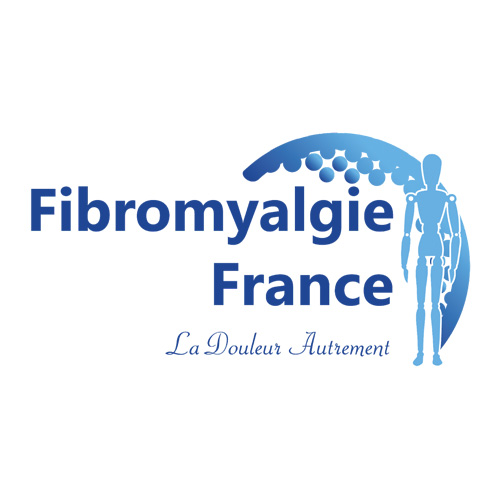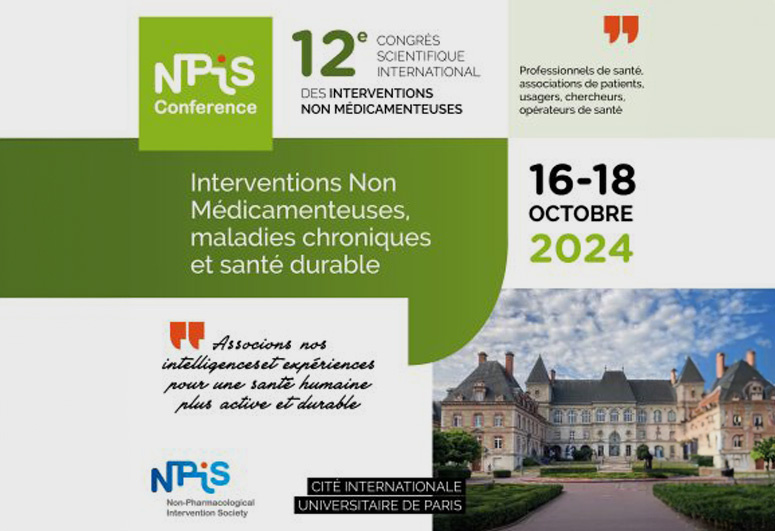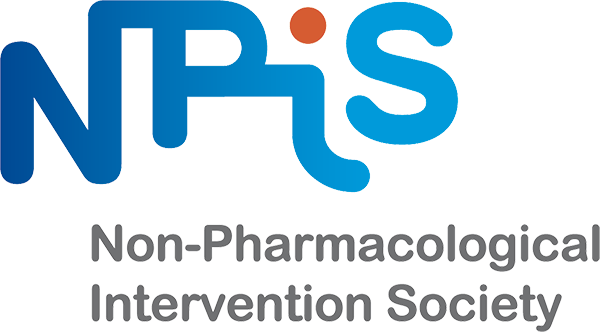What's an NPI ?
The NPIS Registry: why ?
Who is this platform for?
-
I am a citizen, a patient, a caregiver or a professional on a first visit

-
I will be able to easily find information on interventions that are actually INMs. I will also be able to provide feedback on usage. If I want to go further, I will be directed to the conditions for accessing all the data and features of the INM Repository.
-
I am a healthcare professional wishing to access all INM files

-
I will be able to find complete information on INM protocols to deepen my knowledge and practices. I will be able to provide feedback on use.
-
I am a representative of an authority, institution or organization related to health

-
If my practice organization is a partner of the NPIS, I will be able to access all the data and functionalities of the INM Repository.
-
I would like to submit a proposal for a new INM in the Repository

-
If my project meets the definition of an INM and if it is sufficiently supported by scientifically conducted studies, I will be directed to a form which will allow me to write the INM file relating to my project.
-
I am an expert selected under the INM file validation procedure

-
If I have received an email from NPIS accrediting me as an Expert in a defined field, I will be able to register to participate in the expert procedure for which I have been requested.
Become a Submitter
Learn more about NPIS and NPI :
NPIS Questions and Answers
-
Is the NPIS Registry a tool for combating misinformation in the field of health?

-
Indeed, the NPI Registry contributes to the development of precision medicine. For example, how can we advance this field in the non-pharmacological treatment of pain without confusing patients when a prestigious medical school like Stanford publishes such a vague, incomplete, and unranked list on its website?
- Physical activity
- Acupressure
- Acupuncture
- Application of heat or cold
- Aquatherapy
- Art therapy
- Biofeedback
- Family coaching
- Individual coaching
- Psychological conditioning
- Desensitization
- Therapeutic education
- Occupational therapy
- Horticultural therapy
- Hypnosis
- Physiotherapy
- Massage lotions
- Meditation
- Music therapy
- Posturology
- Companion presence
- Psychosocial support
- Transcutaneous electrical nerve stimulation (TENS)
- Comfort therapy
- Theatre therapy
- Psychosocial therapy
- Tonification and strengthening
- Yoga
How many hopes dashed? How much time wasted? How many futile efforts? How much money squandered? How many unnecessary carbon emissions from transport? This subtly highlights pharmacological treatments and pain surgeries, which have precise contents and proven effects. The NPIS and its partners propose a solution to break this deadlock in favor of those affected by health issues. The goal is to provide reliable information on the most relevant NPI. It is also about no longer opposing pharmacological and non-pharmacological therapies, but rather associating them wisely and at the right time.
-
Why is the term NPI so little known?

-
The term NPI has been used by scientists working in the health field since 1975. However, it is not the only term; other similar terms are used synonymously, especially in PubMed. There are ten English terms to describe non-pharmacological processes and twenty-eight to describe methods of operation. An exhaustive inventory of NPI on a scientific article search engine is currently impossible due to the variety of terms researchers use, each with distinct meanings: rehabilitation intervention, psychosocial intervention, mental intervention, cognitive intervention, psychological intervention, behavioral intervention, psychosomatic intervention, nutrition intervention, dietary intervention, food intervention, physical intervention, body intervention, exercise intervention, manual intervention, salutogenic intervention, natural intervention, self-help intervention, nursing intervention, therapy intervention, care intervention, disease management intervention, multimodal intervention...
A search on PubMed from August 15, 2024, indicates 55,689 articles citing the term "non-pharmacological" or its equivalent up to 2023. While these figures do not challenge the trend, they are likely underestimated due to the database's focus on health products rather than services, biological treatments over psychosocial ones, studies on North American populations, and journals published by North American organizations. This aligns with an official U.S. government site managed by the National Center for Biotechnology Information and hosted by the National Library of Medicine, part of the National Institutes of Health (NIH).
A search on PubMed from August 15, 2024, also reveals 11,642 articles citing the term "non-pharmacological intervention" or its equivalent up to 2023. Both curves demonstrate an increase since 2000, with a notable acceleration since 2010.
The French National Authority for Health has been encouraging the use of the term NPI in health since 2011. -

-
-

-
-
Why a transdisciplinary evaluation model for NPI?

-
As of April 2019, there were 46 evaluation models for NPI in the scientific literature (Carbonnel and Ninot, 2019). These models were constructed by researchers for researchers, often from a monodisciplinary perspective and rarely from a patient-centered approach. This led to significant heterogeneity in study protocols and the way NPI were conceived (approach, method, technique, or materials). The results were scattered, debatable, poorly transferable, and rarely reproducible. Consequently, these practices were not widely recognized outside the study context (dependent on the establishment and/or practitioner). This situation raised doubts about their effectiveness (e.g., efficacy, safety, relevance, utility, cost-effectiveness), their content (e.g., heterogeneity in doses, procedures, ingredients, techniques, contexts, target populations), their approval (e.g., ethics committees), their dissemination (e.g., conflicting reviewer opinions), their teaching (e.g., protocols, best practices), and their recognition (e.g., authorization, integration into official classifications, reimbursement). This lack of a consensual evaluation model for NPI suggested that each professional had to reinvent their program for every new patient, given the wide or contradictory recommendations from authorities, agencies, and scientific societies. It also implied that only the patient-provider relationship mattered in the health effects induced (Ninot, 2020). Moreover, it left the door open for pseudoscientific practices and, more broadly, parallel medicine, along with all the obscurantist, health-related, sectarian, political, and judicial issues that are known in France (Miviludes, 2022; CNOI, 2023; CNOM, 2023) and around the world (Ernst and Smith, 2018). This idea was also gaining traction in the United States in the field of oncology, aiming to juxtapose two medical offerings: one based on experimental science, primarily focused on surgery, medication, radiotherapy, and medical devices, and the other described as "complementary, integrative, or traditional," based on individual experience, opinions, and traditions (Mao et al., 2022). This second offering claimed exclusivity in the domains of prevention and care, emphasizing care for the person versus cure for the disease. Thus, the NPIS Model was co-constructed with the idea that experimental science could demonstrate the existence of effective, safe, and reproducible prevention and care protocols. This work was supported by seed funding for participatory research from INSERM and involved over 1,000 participants under the guidance of a committee of 22 multidisciplinary experts, including two user representatives. This transdisciplinary innovation is currently supported by 30 French scientific societies, the National Center for Palliative Care and End of Life, INCa, and the French Platform for Clinical Research Networks.
-

-
Our supporters
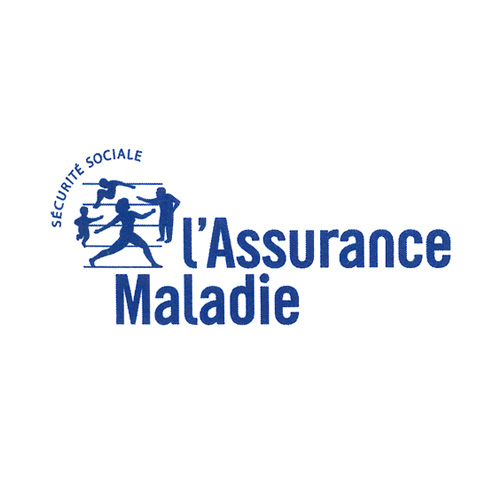
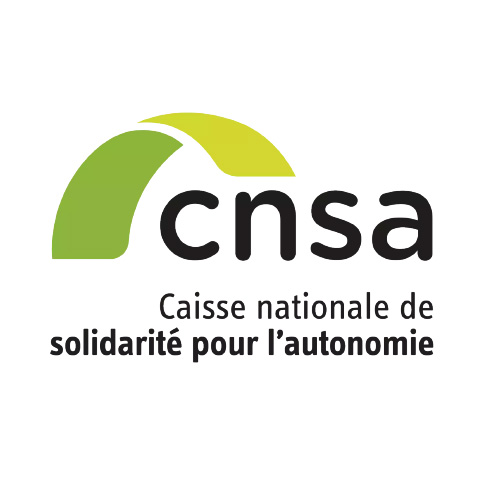
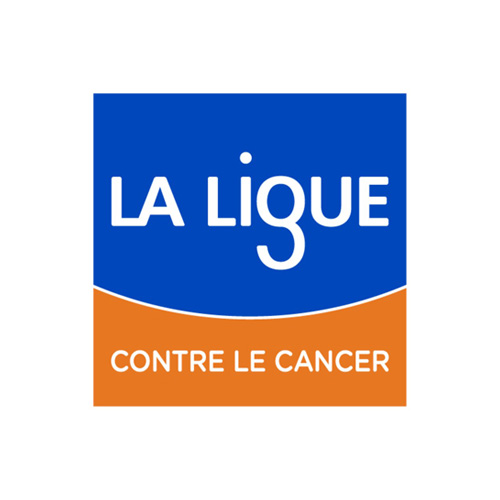


Our partners

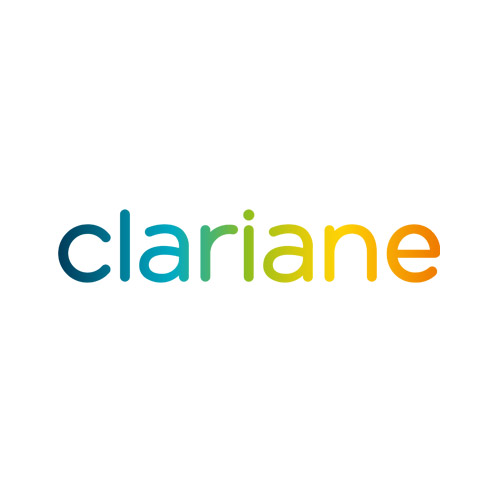
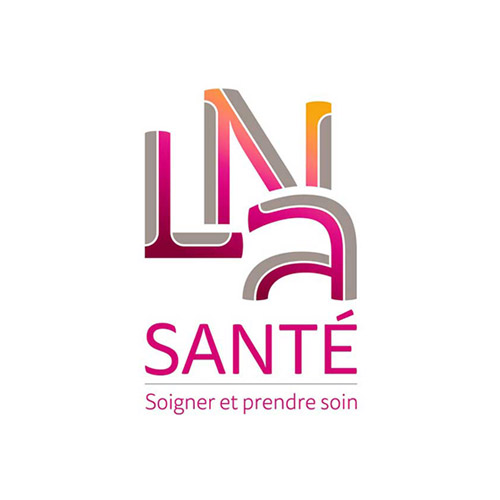
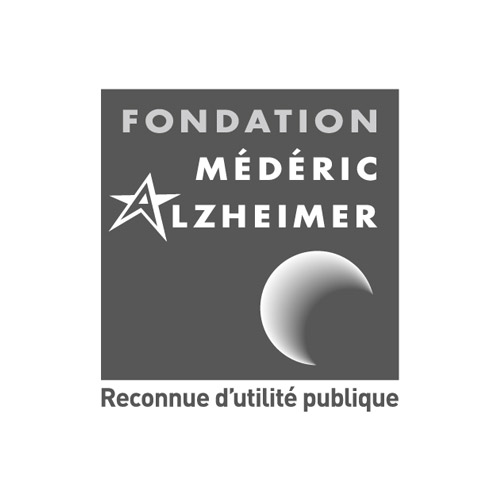
Our allies
